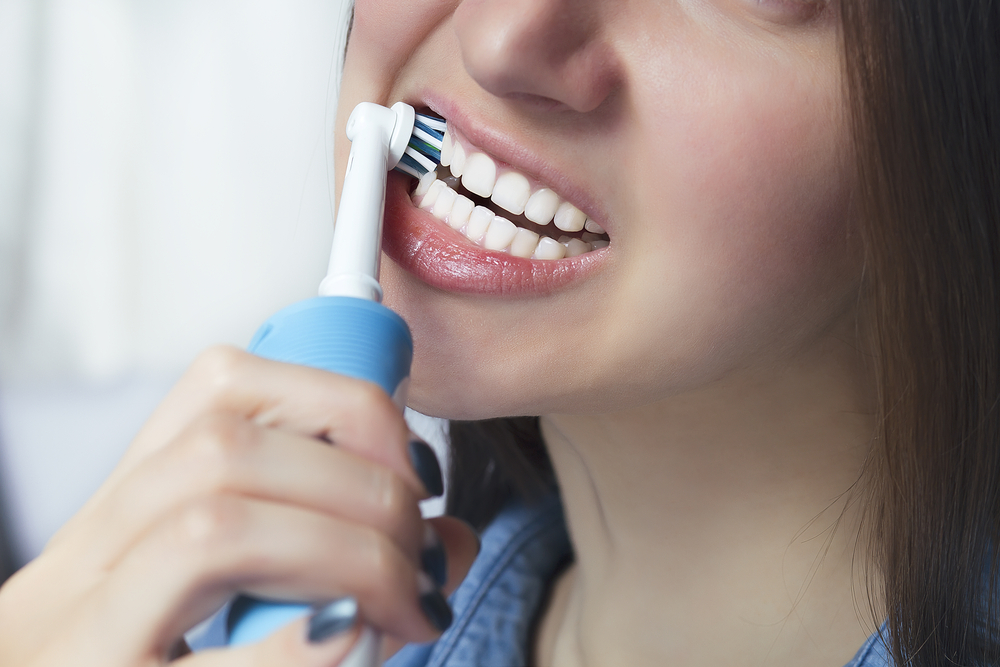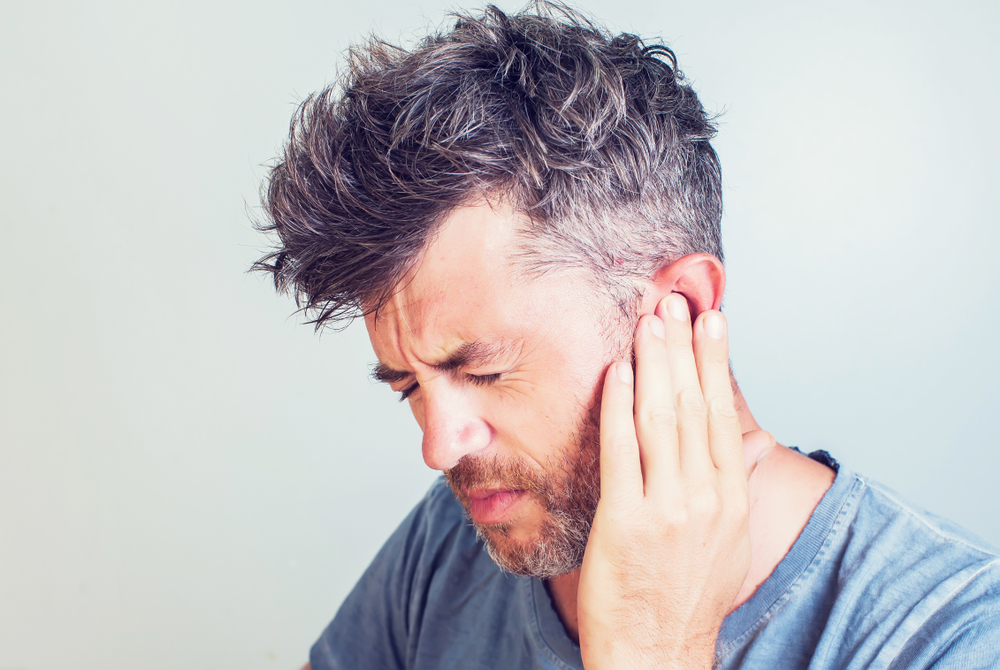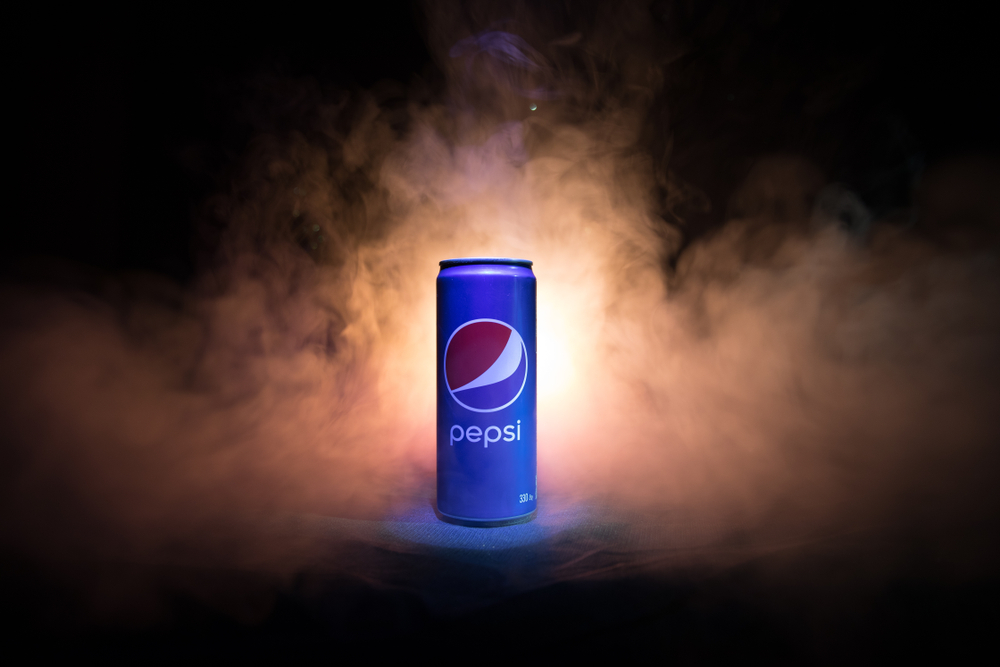Dentists always suggest to brush your teeth twice each day. This is not all about mouth hygiene; rather, it is related to your overall health condition. You really want to make excuses to skip brushing the teeth every now and then. If so, you are not only risking cavities; you are risking your total health!
Let’s find out what may happen if you stop brushing your teeth regularly.
Bone loss & periodontal disease
Ever wondered this? Many people don’t know that if you don’t brush teeth regularly, it may cause serious periodontal disease that may require surgery. In addition, bone loss is another scientifically proven consequence that happens from not brushing your teeth. According to Dr. Rajan Sharma, “Bacteria produce some enzymes that really start eating your bone, and as you develop periodontal disease, then cause becomes the effect. Now the bone is being eaten up, there’s more room for bacteria to grow, so the cause is becoming effect and effect is becoming the cause, and the cycle starts for further bone loss.”
Diabetes
You know diabetes is really harmful, and many people around the world are affected. Journal of the American Dental Association published a study where it is found that those who suffer from periodontitis initially are more likely to develop diabetes. Brushing your teeth regularly can prevent periodontitis and, ultimately, diabetes.
Heart disease
Isn’t it surprising? Medical scientists have come to a conclusion that poor brushing habits can cause heart disease, Alzheimer’s, and stroke in the human body. According to Dr. Brent Rusnak, a dentist, “The bacteria that is retained in your mouth when you fail to brush gets into your bloodstream and can affect your natural body processes, such as your body’s natural ability to fight infectious diseases.“
Gingivitis
Gingivitis is a common oral disorder characterized by swelling, bleeding, and inflammation of the gums. Gingivitis can end up in severe periodontal disease if not treated properly. When you don’t brush your teeth regularly the chance of being affected by gingivitis is higher.
Enamel decay
Your teeth are coated by enamel that acts as a protective barrier. When you stop brushing your teeth, the enamel coating starts breaking. As a result, you will experience tooth decay, which is an expensive disorder to treat.
Staining
Foods you take naturally have darker pigments. If you are a tea or coffee lover or a smoker, then you are exposed to even darker food pigments. This can cause a yellowish stain on your teeth. Brushing your teeth twice per day offers you almost complete relief from staining.
Premature birth
“Gum disease has been proven to result in premature birth and low birth weight,” Shah said. Just like you, I am absolutely surprised by this fact. When you are pregnant, not brushing the teeth regularly has a negative impact on the baby inside. So make sure you take care of your teeth during pregnancy.






